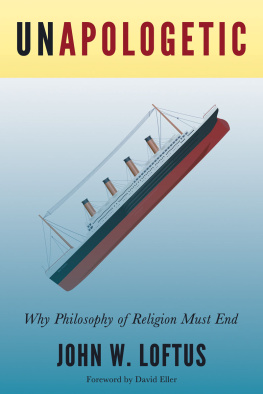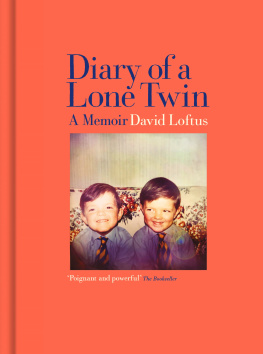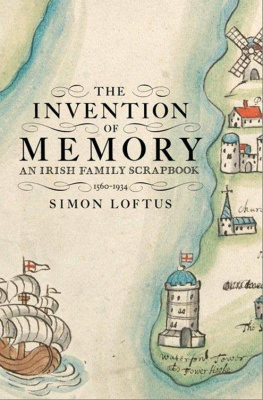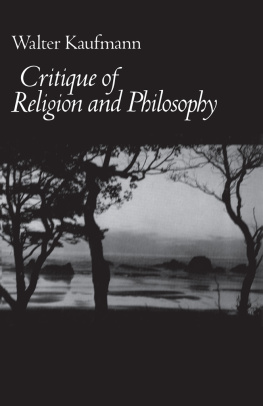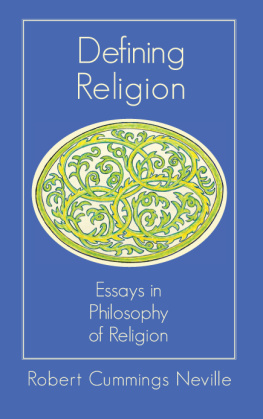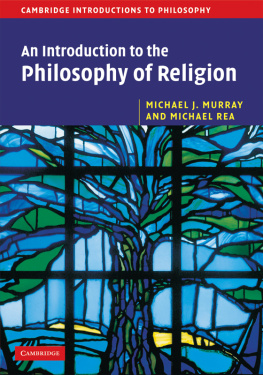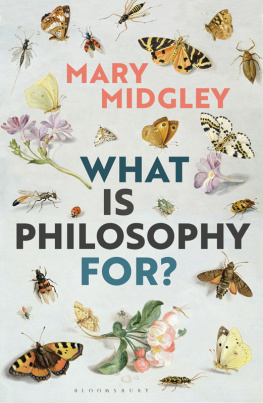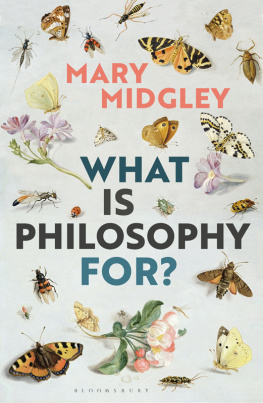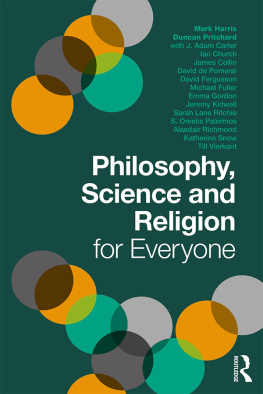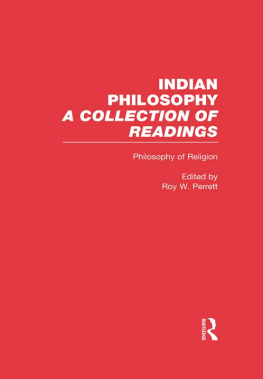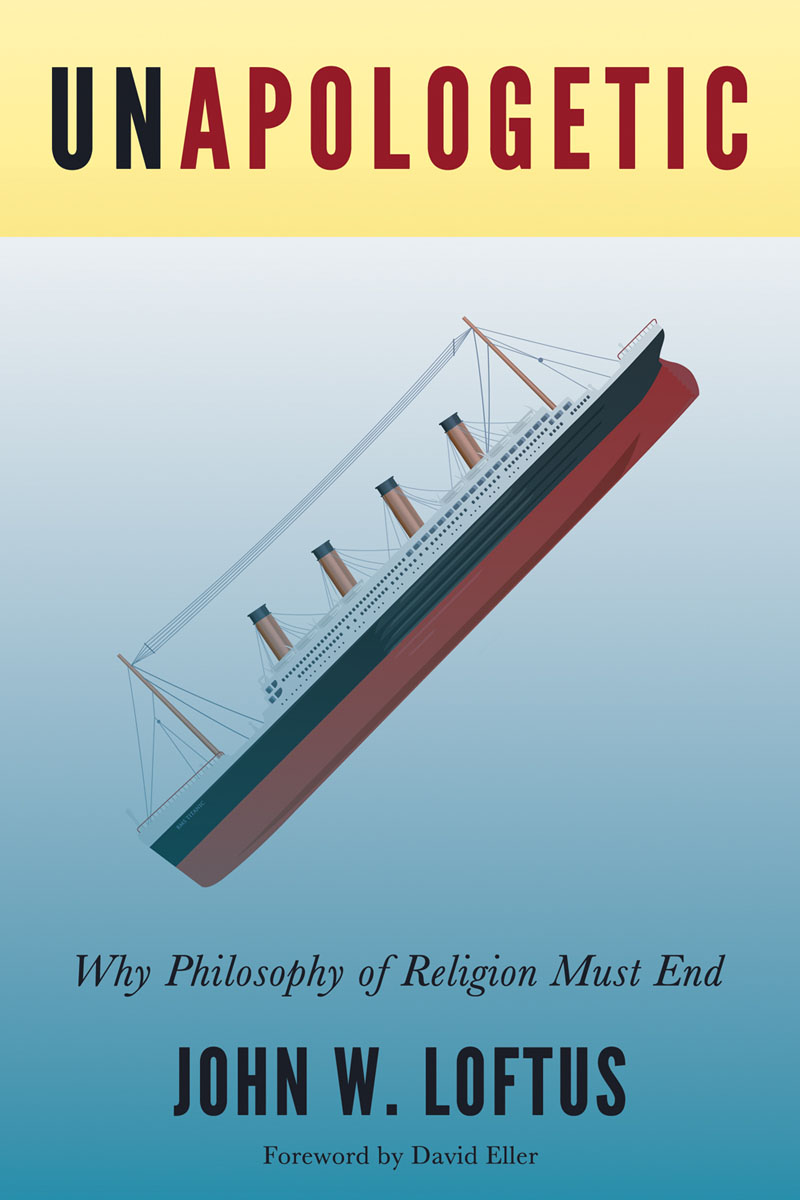
ADVANCE PRAISE FOR UNAPOLOGETIC
Unapologetic offers the philosophy of religion the swift, ugly end it has long deserved. This single book will cause the death of a discipline.
Dr. Peter Boghossian, Assistant Professor of Philosophy, Portland State University, and author of A Manual for Creating Atheists
As an introduction to the ever-growing frustration with so-called Christian philosophy among many secular ex-Christian authors, Unapologetic is invaluable reading material for any reader interested in the wide variety of polemical issues it deals with.
Dr. Jaco Gericke, Associate Research Professor, Department of Theology and Philosophy, North-West University
Unapologetic is probably my favorite monograph by John Loftus. It deserves a gold medal for undertaking the Olympian task of explaining in clear and accessible prose why the area known as philosophy of religion should be ejected from modern academia and our intellectual life. Pretending that we have good arguments for God is about as useless as pretending we have good arguments for Zeus.
Dr. Hector Avalos, Professor of Religious Studies, Iowa State University, and author of The End of Biblical Studies
Unapologetic is a wonderfully entertaining read. With masterful erudition, John Loftus presents a compelling case for why the philosophy of religion contains nothing but sophistry and illusion and should, therefore, be committed to the flames. It has no more right to exist than the philosophy of fairies, or the study of Superman. One might be skeptical of this claimas I was before starting the bookbut the arguments are so well-crafted and persuasive that I bet youll walk away nodding your head in agreement. Of Loftuss many critiques of Christianity, this is the best yet. I highly recommend it to anyone with a fondness for great writing and the truth!
Phil Torres, author of The End: What Science and Religion Tell Us About the Apocalypse and founder of the X-Risks Institute
Given his background, John Loftus is uniquely qualified to demand the long-overdue fall from grace befitting the philosophy of religion as an academic discipline in secular universities. In Unapologetic, he explains thoroughly and lucidly why it is time both atheists and secular philosophy departments step away from the discipline forever, exposing it for the religious evangelism it merely pretends not to be. Recommended for anyone who still believes in the value of the philosophy of religion, so that they can see their error.
Dr. James A. Lindsay, author of Everybody Is Wrong About God
In this powerful book, former preacher and veteran scholar John Loftus demands to know why so much time and energy is still being wasted analyzing and debating fringe details of a thing no one has yet shown to be real. This passionate, hard-hitting, and important book will enlighten and inspire readers to think in new ways about an old battleground of thought. Its clear that Loftus is running out of patience when it comes to the faithful but he certainly has not run out of steam.
Guy P. Harrison, author of Good Thinking and 50 Simple Questions for Every Christian
Pitchstone Publishing
Durham, North Carolina
www.pitchstonepublishing.com
Copyright 2016 John W. Loftus
The text in Appendix C is excerpted with slight edits from John W. Loftus, The Outsider Test for Faith (Amherst, NY: Promethus, 2013), 134144; 219221; 223226. Copyright 2013 John W. Loftus
All rights reserved.
Printed in the USA
10 9 8 7 6 5 4 3 2 1
Library of Congress Cataloging-in-Publication Data
Names: Loftus, John W., author.
Title: Unapologetic : why philosophy of religion must end / John W. Loftus ; foreword by David Eller.
Description: Durham, North Carolina : Pitchstone Publishing, 2016. | Includes bibliographical references.
Identifiers: LCCN 2016035263 (print) | LCCN 2016035641 (ebook) | ISBN 9781634310987 (pbk. : alk. paper) | ISBN 9781634310994 (mobi) | ISBN 9781634311007 (epub) | ISBN 9781939578266 ( epdf)
Subjects: LCSH: ReligionPhilosophy. | ReligionControversial literature. | Apologetics.
Classification: LCC BL51 .L579 2016 (print) | LCC BL51 (ebook) | DDC 210dc23
LC record available at https://lccn.loc.gov/2016035263
CONTENTS
FOREWORD
There is no greater threat to any group or cause than the defector, the turncoat, the apostate. Islam, for instance, does not compel anyone to join the religion but decrees death for anyone who would leave, and we all know how Scientology pillories and intimidates former members. And groups have good reason to fear the escapee and traitor, because that person knows their secrets, sees through their errors and lies, and, most devastating of all, is evidence of a happy life after and without the group.
John Loftus is philosophy of religionsor what we would both probably prefer to call Christian philosophysworst nightmare. He was inside of the whole bankrupt enterprise, earning a Master of Theology degree and studying toward a PhD under august teachers like William Lane Craig. He has since converted (or deconverted) from insider to outsider, even punishing theology with his outsider test for faith. He has written or edited powerful texts on the failings of Christianity and theism more generally, using philosophy of religions own tools against it. In honor of the recent decision of British voters to secede from the European Union, we might dub this new book his Apologexit.
Loftus is not the first to urge a rethinking if not a total abandonment of philosophy of religion, but he is probably the first to do so after emerging from the cocoon of religious education (if that oxymoron does not make us too dizzy). A few years ago, philosopher Keith Parsons announced that he was jumping from the sinking ship of philosophy of religion because he recognized the case for theism as fraudulent. That it is. But such a critique misses the bigger and deeper point: philosophy, even philosophy of religion, is not supposed to be about the case for theism. In fact, it should not give theism preferential treatment at all. The Stanford Encyclopedia of Philosophy defines philosophy of religion as the philosophical examination of the central themes and concepts involved in religious traditions, butand this will come as a surprise to many philosophers and religionistsmost religions never had a concept of god(s) and therefore had no theism and cannot be subsumed under the category of theology.
In the present book, Loftus takes apologetics as his prime adversary within the philosophy of religion. And for good reason: apologetics is the poorest kind of philosophy of religion. In fact, apologetics masquerades as philosophy of religion when it is not. The aforementioned Stanford Encyclopedia of Philosophy contains no entry for apologetics, because it is not philosophy. The Catholic Encyclopedia (http://www.newadvent.org/cathen/01618a.htm) is honest when it explains that apologetics is a theological science which has for its purpose the explanation and defense of the Christian religion (except of course it is not a science at all: what experiments does it conduct, and what new knowledge and theories does it generate?). The Christian Apologetics & Research Ministry (https://carm.org/apologetics) is clearer still: Apologetics is the branch of Christianity that deals with the defense and establishment of the Christian faith. In a word, apologetics is not philosophy of religion,
Next page
